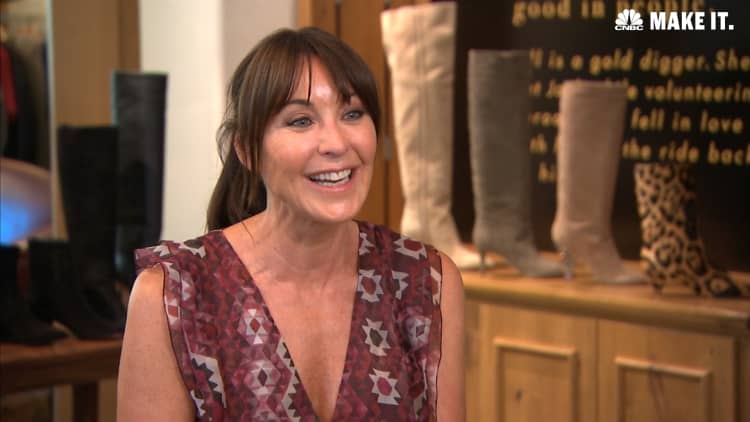Over the past 70 years, women in the U.S. have made major strides at work and beyond. Women are now earning college degrees at a faster rate than men are and make up nearly half of the labor force.
An analysis of 16 public opinion polls conducted between the years of 1946 and 2018 found that women are now viewed as just as competent as men, if not more competent.
The study, which was conducted by researchers at Northwestern University and published by the American Psychological Association, looked at the opinions of more than 30,000 U.S. adults in the 16 polls. They analyzed the adults based on their responses to three personality traits: communion, agency and competence.
Communion, according to the researchers, is linked to someone having compassion and sensitivity. Agency is linked to ambition, aggressiveness and the ability to make decisions. Competency is linked to intelligence and creativity.
Gender stereotypes associated with competency and communion, the analysis found, have evolved over time, but those associated with agency have remained unchanged.
The study cites a poll taken in 1946 that found that 35% of people thought men and women were equally intelligent. In 2018, 86% of people surveyed said that men and women are equally intelligent, 9% said women are more intelligent and 5% said men are more intelligent.
When looking at the average amount of people over time who thought that men and women share the same level of agency, that number came to a 32%.
Alice Eagly, a psychology professor at Northwestern University who helped to lead the study, tells CNBC Make It that the data is both good and bad news for working women. "It's good news for employment in general, because virtually all jobs require competence, or you're fired," she says. "And then the part about women being seen as more communal — that's nicer, kinder and more compassionate — that's related to having good social skills and there's an increased proportion of jobs that do require you to have social skills."
But, Eagly says, the fact that very few people view men and women as having the same level of agency could pose a barrier for women who are looking to lead.
"Men are seen as what we call more 'agentic,'" she says. "That means assertive, aggressive, ambitious, decisive, competitive. That was true all the way through the years that we looked at. So that does tend to disfavor women in leadership roles, because we know that people expect agency from leaders. They expect them to take charge, to have authority, to tell people what to do."
As a result, Eagly says, women who want to become leaders face more scrutiny than their male counterparts, and have to go the extra mile to prove that they have these qualities. She uses today's political landscape as an example. The record number of women seeking the 2020 democratic nomination each "have this extra burden where people scrutinize them and ask, 'Is she really showing authority? Can she stand up to Donald Trump?'"
"They test the women in ways that they don't test the men," she adds. "This is a difficult area for women, because they have to prove it to the audience. But, on the other hand, if they overdo it, so to speak, then they are disliked."
Though Eagly admits that a lot more work needs to be done before we reach gender parity in leadership positions, she explains that any progress made will help to shift the perspective that women are less "agentic" than men.
"These stereotypes represent what people see in their everyday life," she says. "The solution is that if we have more women in leadership roles then people will see women exerting authority comfortably. That would change their ideas, but people have to have the evidence. So it really just takes social change and that is happening. Maybe not at the pace many of us would like, but we are seeing more women in leadership."
Like this story? Subscribe to CNBC Make It on YouTube!
Don't miss: Meet the woman who's working to get 250,000 women to run for office by 2030



